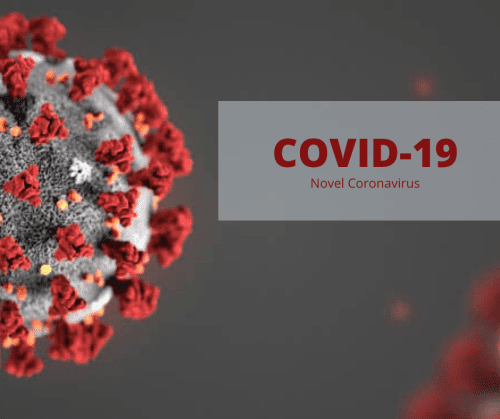
The Humanitarian Coordinator in Nigeria, Mr. Edward Kallon; has said
that the health aid worker that contracted coronavirus disease
(COVID-19) had no travel history outside Borno state before his death
last Saturday.
According to him, the health worker was devoting his life to treating
vulnerable Internally Displaced Persons (IDPs), who lost everything
during decade long Boko Haram insurgency in Borno, Adamawa and Yobe
states.
Kallon in a statement Monday in Maiduguri, lamented that; “I am very
saddened to confirm the death of 56-year old health aid worker who had
contracted coronavirus disease.
“Our sincerest condolences go to his family, friends and colleagues
who are all deeply affected by the loss.”
According to him, the deceased health aid worker made the ultimate sacrifice.
“Aid organisations, led by World Health Organisation (WHO), are
working closely with National Center for Disease Control (NCDC), Borno
state government, Federal Ministries of Health and Humanitarian
Affairs, Disaster Management and Social Development, to trace anyone
whom the nurse may have been in contact with in Borno,” he said.
He said they are also to bolster measures to prevent the spread of the
virus and protect IDPs and host communities in the state.
Kallon assured that all actors are doing their utmost to reinforce
protection and prevention measures against COVID-19.
Preventive measures, the said that aid workers are following NCDC
guidance and all staff that arrived from abroad before the airport
shut down has gone into self-isolation.
Humanitarian actors, according to him, have adapted their way of
working to prevent the spread of the virus by setting up quarantine
facilities across the state.
While supporting the state government, he said: “The quarantine
facilities are set up at all entry points of Niger, Chad and Cameroon.
“A COVID-19 treatment facility and a testing laboratory have been
established in Maiduguri and a second treatment facility is being
developed,” he said; noting that hand-washing stations had been
installed with supply of clean water in IDP camps and communities.
He said that soap and chlorinated solution, were provided; where water
is not available.
He added that functional health facilities are scarce; with three
million people urgently need food assistance.
Nearly 8 million people are in need of urgent humanitarian aid in the
conflict-affected states of Borno, Adamawa and Yobe, with many
depending on assistance to survive.
Functional health facilities, especially in remote locations in Borno
State, are scarce and over 3 million people urgently need food
assistance. With the COVID-19 pandemic affecting many areas in
Nigeria, it is essential for the most vulnerable to continue receiving
humanitarian aid, including water and soap or substitute solutions.